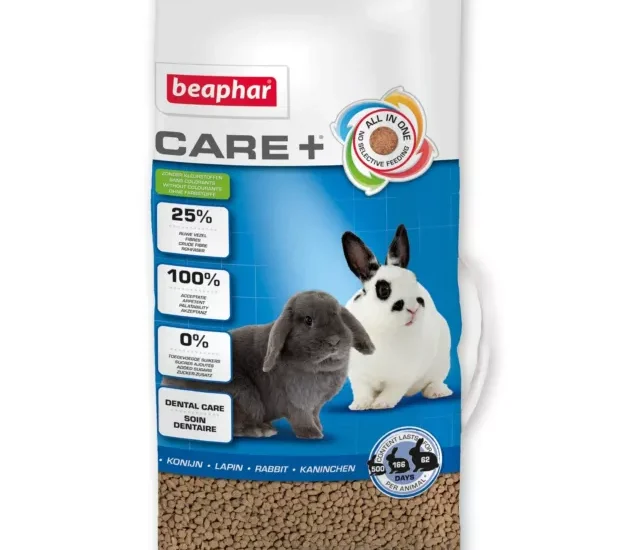Top Recommendations for Pet Hamsters
Hamsters have become one of the most beloved pets for families around the world. Their small size, adorable features, and playful antics make them ideal companions for both kids and adults. In fact, according to recent statistics, over 1 million households in the United States alone have pet hamsters.
However, owning a hamster comes with its responsibilities and challenges. Choosing the right supplies, understanding their dietary needs, and providing a suitable living environment are crucial for ensuring your furry friend’s health and happiness. This article dives deep into the essential recommendations for pet hamsters, covering everything from cages to diet and enrichment activities.
Choosing the Right Cage for Your Hamster
The first step in providing a loving home for your hamster is selecting an appropriate cage. Here are some considerations to keep in mind:
Size Matters
Hamsters require adequate space to explore and exercise. A minimum cage size of 360 square inches is recommended for dwarf hamsters, while a Syrian hamster should have at least 600 square inches. Make sure to measure the space before purchasing a cage.
Cage Type
- Wire cages: These cages allow for maximum ventilation and can be easily cleaned but offer limited space for climbing.
- Glass tanks: Ideal for providing a secure environment and preventing escapes, glass tanks are easy to clean and maintain the humidity levels.
- Plastic cages: Often brightly colored and visually appealing, these cages can be more comfortable for hamsters but should be monitored for ventilation’s sake.
Accessories and Comfort
When setting up the cage, remember to include the essentials such as bedding, food dishes, and water bottles. Cozy hiding spots like tunnels and hammocks can provide comfort and security. Incorporate items like running wheels and chew toys for enrichment.

Proper Diet for Your Hamster
A well-balanced diet is crucial for your hamster’s health. Hamsters can be quite selective eaters, so it’s essential to provide a variety of foods.
Commercial Hamster Food
Look for high-quality commercial hamster mixes that provide balanced nutrition. The best options are those that contain a mix of pellets, seeds, and grains.
Fresh Vegetables and Fruits
- Vegetables: Leafy greens like spinach, lettuce, and kale are perfect for your hamster. Avoid starchy vegetables like corn and potatoes.
- Fruits: Hamsters can enjoy small portions of fruits like apples, bananas, and berries, but limit it to keep their sugar intake manageable.
Importance of Chewing
Providing chewable items such as wooden sticks or specific chew toys is vital for dental health. Hamsters’ teeth continue to grow throughout their lives, so chewing helps keep them in check.
Healthy Environment for Your Hamster
Creating a comfy and secure environment is essential for your pet’s well-being.
Bedding Choices
Choose bedding made from aspen shavings, recycled paper, or cotton. Avoid cedar or pine shavings, which can be harmful to hamsters.
Temperature and Humidity
Keep the cage in a room where temperatures do not exceed 75°F (24°C). Additionally, maintaining humidity levels between 40% to 70% is crucial for their health.
Enrichment Activities for Hamsters
Keeping your hamster engaged is vital for preventing boredom and related behavioral issues.
Toys and Exercise
- Exercise wheels: Ensure it is solid and appropriately sized for your hamster to prevent injuries.
- Interactive toys: Look for toys that encourage digging, climbing, or hiding.
Floor Time
Allow your hamster some supervised floor time in a secure area, enabling them to explore safely.
Health Monitoring for Your Hamster
Regular health checks can help! Look out for signs of stress or illness such as lethargy, changes in eating habits, or abnormal behavior.
Understanding Common Health Issues
Hamsters can encounter health issues, including skin problems, respiratory infections, or dental troubles. Don’t hesitate to consult a vet if you notice unusual changes.
Regular Cage Cleaning
Ensure you clean the cage regularly to maintain hygiene. This includes removing food remnants, changing bedding, and wiping down surfaces.
Conclusion
In summary, taking care of a hamster requires dedication and knowledge. From selecting the right cage to providing a balanced diet and engaging toys, each aspect plays a role in ensuring your furry friend lives a happy and healthy life. By following these recommendations, you are setting a strong foundation for a fulfilling relationship with your pet hamster.
For more tips and creative ideas on caring for your pet hamster, check these articles: Article 1 and Article 2.
